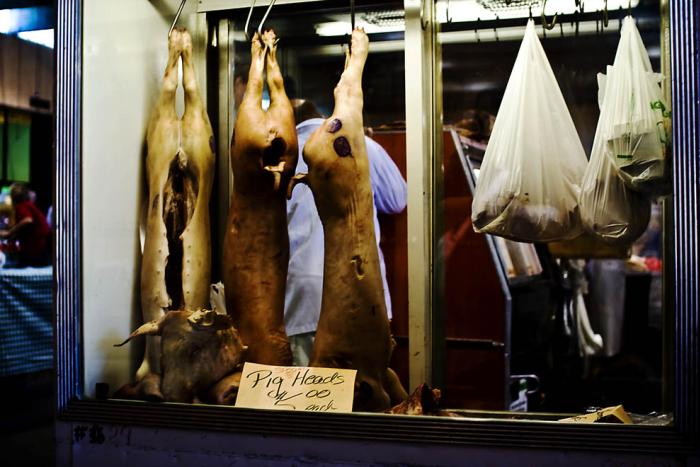Man to man.
If only I knew more about the human heart,
I could fuel its fire or stamp it out
completely. If only I knew more
about songbirds, I could tell you
exactly what is singing there unseen
in that tree across the street – that song
has been, so far, the best part of my day,
a song as old as our four-chambered hearts,
older maybe, a melody composed a million
years ago and never altered – surely
musical genius thrived before the wheel,
before our weapons and our calculus,
and when we’re gone that song
will continue in the trees and will not change.
But we know that song, too. We were born
with its notes and rests transcribed
in the cells of our own warm blood
and we’ve sung it more or less
unsuccessfully in a hundred-odd cities
between us, lone birds in full throat,
joyous and unheard. And we’ve fallen
silent, sullen, drunk, when our song
has failed too often. But not that bird
across the street – he will not drown
his sorrows, because he has none.
He will sing until his lady comes or,
in her place, his death, always proud, always
singing, and you know as well as I do
what he does not feel: the bitterness
of solitude, and you also understand
there are times when, if I could catch him,
I would break his neck and end it
so he will not have to sing his song alone.
__
A Word about the Poem by Paul Vermeersch
When I was writing the poems in my book Between the Walls, I had the feeling--though I took little notice of it at the time--that I was writing a “city” book. It seemed to me I was tackling, for the most part, themes and subject matter that evoked an urban environment: litter-filled alleys, busy streets, upscale neighbourhoods encircling a run-down core, sprawl and development at the city’s edge, etc.
It’s interesting how often writers can surprise themselves. When the book was completed, I was struck by how much of the natural world was present in the collection. Birds and animals inhabit the poems as much as humans do.
Often, the animals in my poems represent human emotional states, or else stand in counterpoint to human flaws and characteristics. This poem, “He Will Not Drown His Sorrows,” is a good example. I wrote it for a close friend who at the time had been complaining about his lousy, if non-existent, love life. I felt, in order to commiserate completely with my friend, I needed an external target at which to direct a hapless single person’s Valentine’s Day acrimony. A witless bird who persistently sings his song, ever sweetly and beautifully, even when there is no hope of attracting a mate, seemed perfect.
My friend enjoyed the poem, and though I can’t claim it helped him get out of his dating slump, I’m happy to say he is now engaged to be married.




